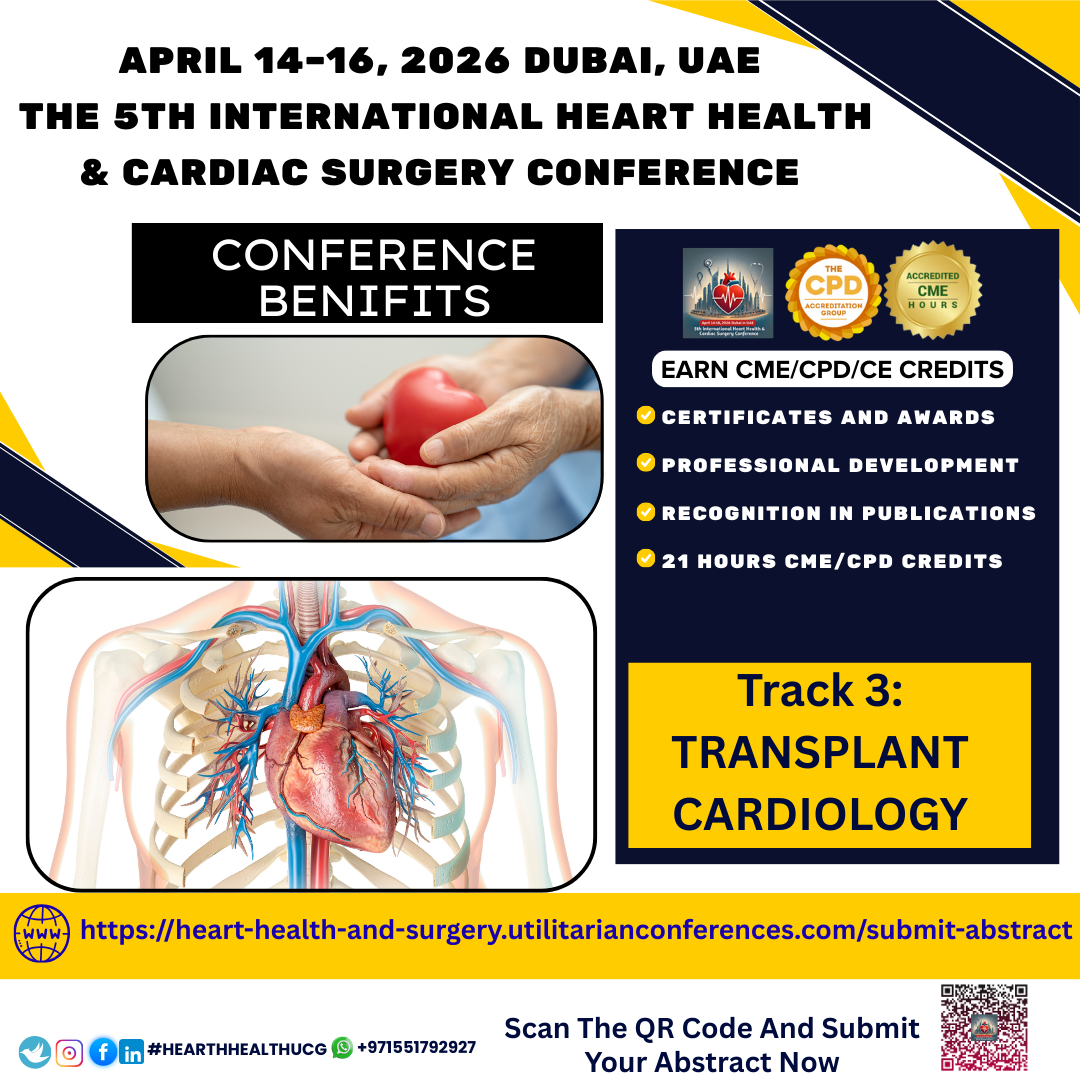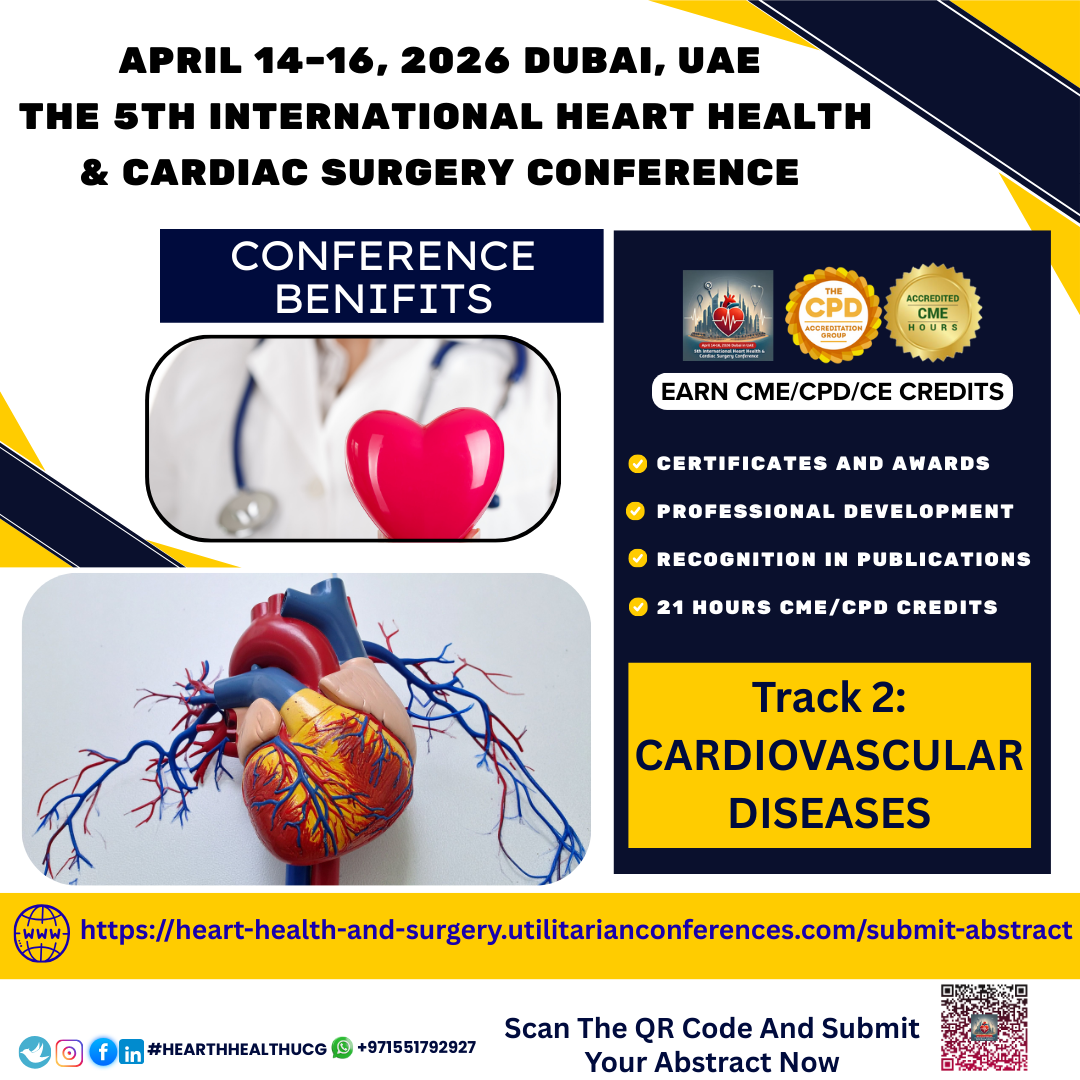



Heart Health is a broad and essential topic that refers to maintaining the...

Cardiovascular diseases (CVDs) are the leading cause of death globally,
claiming an estimated 17.9...

In the ever-evolving field of cardiovascular medicine, transplant cardiology stands as a critical
specialty focused on the care of patients with advanced heart failure who are
candidates for or recipients of heart transplantation. This subspecialty
bridges the gap between end-stage heart disease and renewed life through
transplantation and mechanical circulatory support.
Transplant cardiology is a specialized branch of
cardiology that deals with:
·
Evaluation
and selection of patients for heart transplant
·
Management
of patients awaiting transplantation
·
Post-transplant
care, including immunosuppressive therapy, rejection surveillance, and
long-term monitoring
·
Mechanical
circulatory support (MCS), such as Left Ventricular Assist Devices
(LVADs), as a bridge to transplant or destination therapy
These cardiologists work closely with cardiac
surgeons, transplant coordinators, immunologists, and a host of allied
healthcare professionals.
A transplant cardiologist plays a pivotal role
in every stage of the transplant journey:
Before a patient is placed on the transplant
list, they undergo comprehensive assessments including:
·
Cardiac imaging (e.g., echocardiography, MRI)
·
Hemodynamic studies (right heart
catheterization)
·
Lab evaluations and psychosocial assessments
·
Determination of transplant candidacy based on
medical and non-medical factors
Patients may wait weeks or months for a
suitable donor. During this period, transplant cardiologists:
·
Optimize heart failure medications
·
Manage arrhythmias and comorbidities
·
Monitor organ function and nutritional status
·
Consider mechanical circulatory support to
stabilize the patient
Following transplant surgery, careful
management is crucial to prevent complications such as:
·
Acute or
chronic rejection
·
Infections
due to immunosuppressants
·
Graft
vasculopathy
·
Medication
side effects
Regular follow-up includes endomyocardial
biopsies, blood tests, imaging, and drug level monitoring.
The field has seen remarkable innovations:
·
Non-invasive
rejection surveillance using gene expression profiling and cell-free
DNA tests
·
Improved
immunosuppressive regimens with fewer side effects
·
Expanded
donor criteria with successful outcomes
·
Total
artificial hearts and more durable LVADs
These advances continue to improve survival
rates and quality of life for transplant recipients.
Despite the progress, transplant cardiology
faces several ongoing challenges:
·
Organ
shortage: Demand far exceeds supply
·
Long-term
complications: Including chronic rejection and renal dysfunction
·
Cost and
accessibility: Transplantation remains an expensive and
resource-intensive therapy
·
Ethical
considerations: Especially in organ allocation and donor selection
Transplant cardiology is a vital and highly
specialized discipline that offers hope to patients facing end-stage heart
failure. Through advanced therapies, multidisciplinary teamwork, and ongoing
research, transplant cardiologists help extend and improve the lives of
thousands. As medical science continues to evolve, so too does the promise of
heart transplantation.